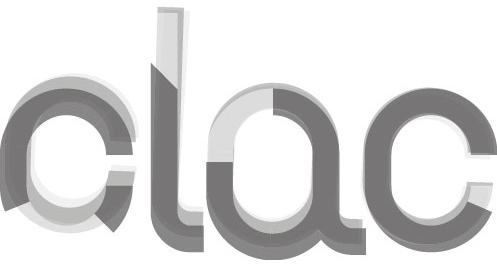
ABOUT
PUBLIC PLAY SPACE (PPS) promotes innovative and creative practices for the co-design of inclusive, cohesive and sustainable public spaces, through the use of games and digital technologies, in a transnational and European perspective, fostering the process of placemaking.
PPS main goal is to foster the co-production of inclusive, cohesive and sustainable public space. The project aims to establish a transdisciplinary platform to explore how play and gamification tools in combination with advanced digital technologies such as virtual & augmented reality (VR/AR) can be used to foster the process of public space co-design and placemaking, enhancing the understanding of the relationship between the space and its users.
PARTNERS

Institute for Advanced Architecture of Catalunya, Barcelona (Spain). – IAAC is a well renewed institution in the field of advanced design. It coordinates the activities to design, in the public space, the elements and the visual representation of the human space interaction

Breda University of Applied Sciences, Breda (Netherlands) – BUAS has a wide experience in video-games development and Virtual and Augmented Reality systems implementation. At PPS, it manages the application and the development of human computer interaction technologies for citizens participation.
METHODOLOGY
The Public Play Space project has a duration of two years, starting in October 2019 and ending in September 2021.
Through a series of actions involving more than 500 researchers, practitioners and citizens, the project is a field of exploration and a mediator between different disciplines and stakeholders. Actions were targeted at exploring the process of development and use of innovative technologies and games for public space co-design.
- The State of the Art Catalogue represents the first action, collecting and analysing 30 best-practice case studies, offering a clear panorama of the emerging methodologies and strategies for the public space co-design through games, playful interaction and digital technologies
- The Creative & Capacity building workshop held in Breda, Palermo and Barcelona, open to students and professionals interested in placemaking, empowering their professional skills in co-creation stages, and building their capacity to further attract diverse audiences by habit / by choice. With a learning-by-doing methodology, workshops were also creative processes, where students developed proposals and projects towards the production of inclusive, cohesive and sustainable public space.
- The Open Game Events, held in Breda, Palermo and Barcelona, which put in practice the expertise gained and the knowledge developed in the project. Each event engaged stakeholders, experts and citizens in a process of co-design of the public space through games, playful interaction and digital technologies
- The PPS International Symposium, taking place online in July 2021, fostered an academic-political dissemination of the work developed in the project, sharing knowledge and bringing experts and international stakeholders in a common place for discussing about the relationship between gaming and placemaking
- The PPS Virtual Exhibition is an online platform guiding visitors through the different actions developed by the project: a continuous and multidisciplinary process of exploration of new methodologies and practices open to different city actors such as designers, policymakers, experts and citizens. The content generated during the whole project is displayed, bringing together methods and tools for games, playful interaction and placemaking.

